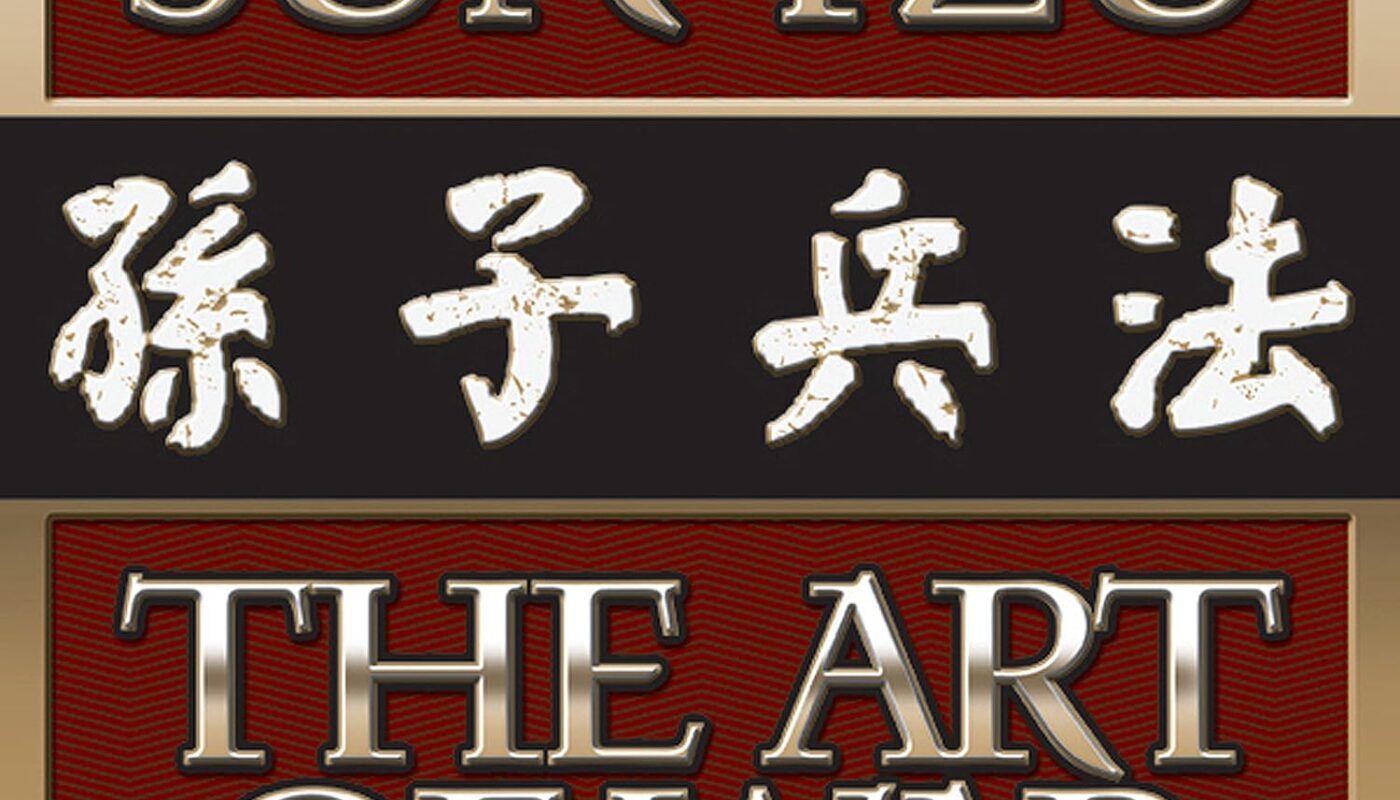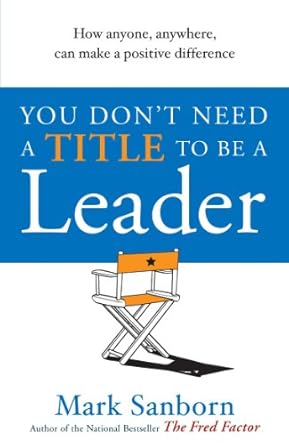Discover the timeless wisdom of Sun Tzu’s The Art of War
When most people hear The Art of War, they picture ancient Chinese generals plotting battlefield moves. But this legendary work by Sun Tzu, written over 2,500 years ago, is far more than a military manual—it’s a handbook on strategy, leadership, and human behavior that’s just as relevant today as it was in the Warring States period of China.
Whether you’re a CEO, an athlete, a politician, or simply someone navigating life’s daily battles, the principles in The Art of War can help you outthink, outmaneuver, and ultimately succeed without unnecessary conflict.
If you haven’t read it yet, you can grab your copy here: The Art of War – Sun Tzu
Why Sun Tzu’s Wisdom Has Stood the Test of Time
The brilliance of The Art of War lies in its simplicity and adaptability. While written for generals, its lessons apply to business negotiations, sports competitions, personal relationships, and even self-discipline.
At its core, Sun Tzu teaches that victory is not about brute force but about understanding, preparation, and the clever use of resources. His philosophy can be summed up in one timeless truth:
“The supreme art of war is to subdue the enemy without fighting.”
The Structure of The Art of War
The book is divided into 13 short chapters, each covering a key aspect of warfare and strategy. Let’s explore them in modern, everyday terms.
1. Laying Plans (Strategic Assessment)
Success starts long before the battle begins. Sun Tzu emphasizes the importance of careful preparation, knowledge of the environment, and self-awareness.
In business, this means researching the market, understanding competitors, and knowing your strengths and weaknesses before launching a new product.
2. Waging War (Resource Management)
War is costly—both in resources and morale. Sun Tzu warns leaders to calculate the costs before engaging.
In modern terms, don’t rush into a project without assessing its ROI (return on investment) and the risks involved. This principle is crucial for entrepreneurs who want sustainable success.
3. Attack by Stratagem (Winning Without Fighting)
The highest form of victory, Sun Tzu says, is defeating the opponent without actual combat.
In life, this means solving problems diplomatically, winning over critics, and turning rivals into allies. Many successful leaders have mastered this art, preferring persuasion over confrontation.
4. Tactical Dispositions (Positioning)
Positioning yourself advantageously ensures you can respond effectively to challenges. This could mean building a loyal customer base, having a unique skill set, or owning a niche in the market.
5. Use of Energy (Efficiency)
Sun Tzu warns against wasting resources. Efficiency is about maximizing output with minimal effort—a lesson every startup founder and time-strapped professional should embrace.
6. Weak Points and Strong (Exploit Opportunities)
Identify your opponent’s weaknesses while guarding your own. In competitive industries, finding a gap your rivals overlook can be your winning move.
7. Maneuvering (Flexibility)
The ability to adapt quickly is a hallmark of great leadership. Sun Tzu teaches that rigid plans often fail; flexibility allows you to respond to changing situations without losing momentum.
8. Variation in Tactics
No single strategy works forever. Sun Tzu advocates for keeping opponents guessing and never becoming predictable.
9. Army on the March (Observation)
Leaders should constantly read the signs of change—whether in the weather, the economy, or public opinion. Observation allows for informed decision-making.
10. Terrain (Know Your Environment)
Understanding your surroundings—physical, social, or economic—helps you anticipate challenges and seize opportunities.
11. Nine Situations
Sun Tzu outlines different types of battlegrounds, each requiring a different strategy. In business, think of this as recognizing different market conditions and adjusting your approach accordingly.
12. Attack by Fire (Leveraging External Forces)
Sometimes, the environment can be your ally—economic shifts, technological trends, or social movements can help you gain an advantage if timed well.
13. Use of Spies (Information Is Power)
In ancient warfare, spies were essential. In modern life, this translates to market research, competitor analysis, and data-driven decision-making.
Applying The Art of War in Modern Life
1. Business Strategy
Companies like Apple, Amazon, and Tesla embody Sun Tzu’s principles by mastering timing, understanding markets, and staying unpredictable.
2. Personal Development
Self-discipline and strategic planning can help you “win” at fitness, education, and career growth without burning out.
3. Leadership
Great leaders inspire loyalty, adapt to challenges, and avoid unnecessary conflict—core Sun Tzu teachings.
If you want to start applying these timeless lessons, get your copy of The Art of War here: Click to Order
Key Lessons from The Art of War
- Know yourself and your opponent to avoid unnecessary risks.
- Win without fighting whenever possible.
- Adapt to change faster than your competitors.
- Use resources efficiently to maintain long-term strength.
- Leverage timing for maximum advantage.
Famous Sun Tzu Quotes and Their Meaning
- “If you know the enemy and know yourself, you need not fear the result of a hundred battles.” – Knowledge reduces uncertainty.
- “Opportunities multiply as they are seized.” – Success breeds success; act when the time is right.
- “In the midst of chaos, there is also opportunity.” – Challenges often hide valuable openings.
Why Every Leader Should Read The Art of War
This book isn’t just about military strategy—it’s about thinking strategically in every aspect of life. Whether you’re negotiating a contract, planning a career move, or managing a crisis, Sun Tzu’s wisdom offers a competitive edge.
Final Thoughts
The Art of War is a short read but a lifetime companion. Its teachings on strategy, adaptability, and leadership remain as relevant in boardrooms as they were on battlefields.
If you’re ready to think differently about success, conflict, and decision-making, start here: The Art of War – Order Now
“Start Your Website Journey Today – Exclusive Hostinger Discounts!”

Turn Any Idea into Viral,
Jaw-Dropping AI Videos in Seconds!










